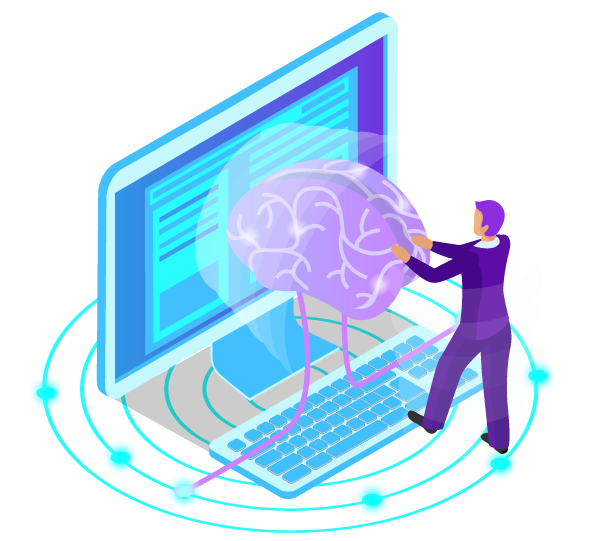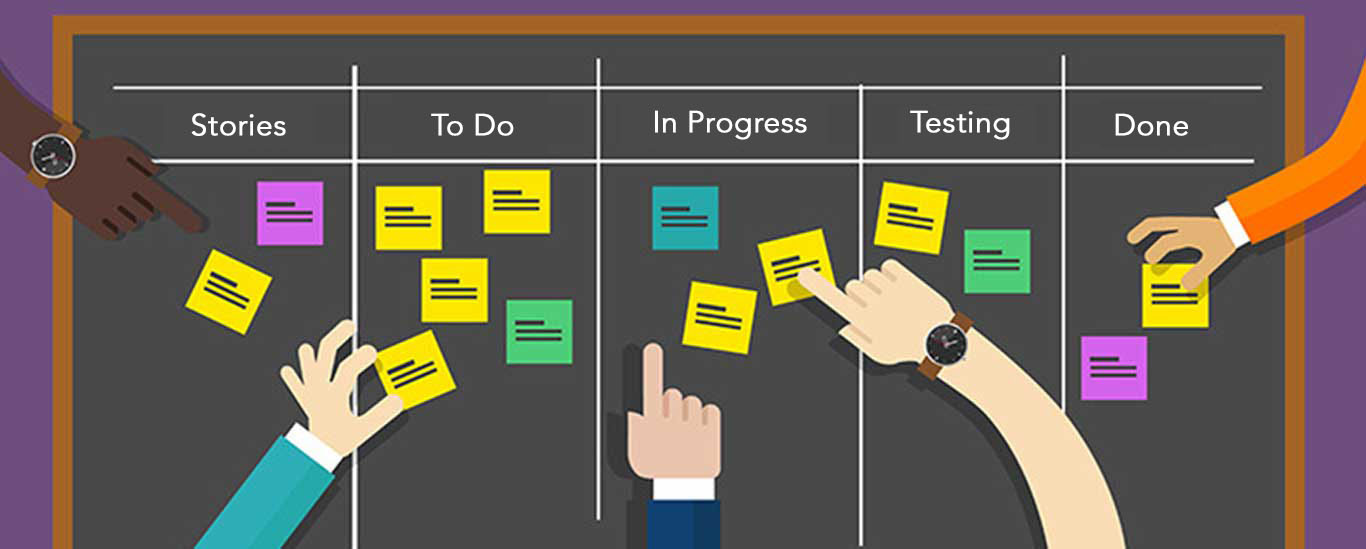Quantum Computing Solutions
Quantum computers could spur the development of new breakthroughs in science, medications to save lives, machine learning methods to diagnose illnesses sooner, materials to make more efficient devices and structures, financial strategies to live well in retirement, and algorithms to quickly direct resources such as ambulances. But what exactly is quantum computing, and what does it take to achieve these quantum breakthroughs? Here’s what you need to know.




